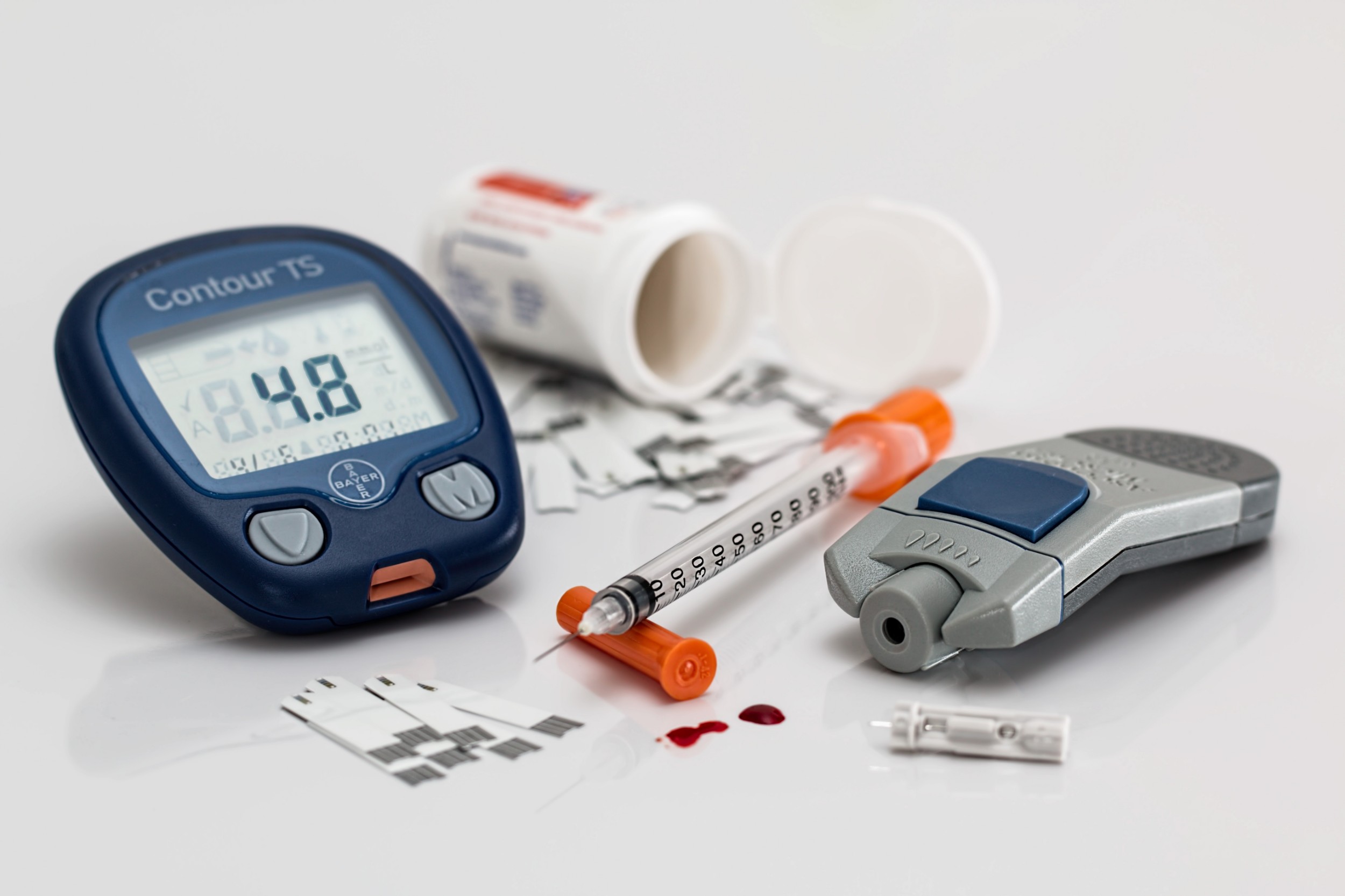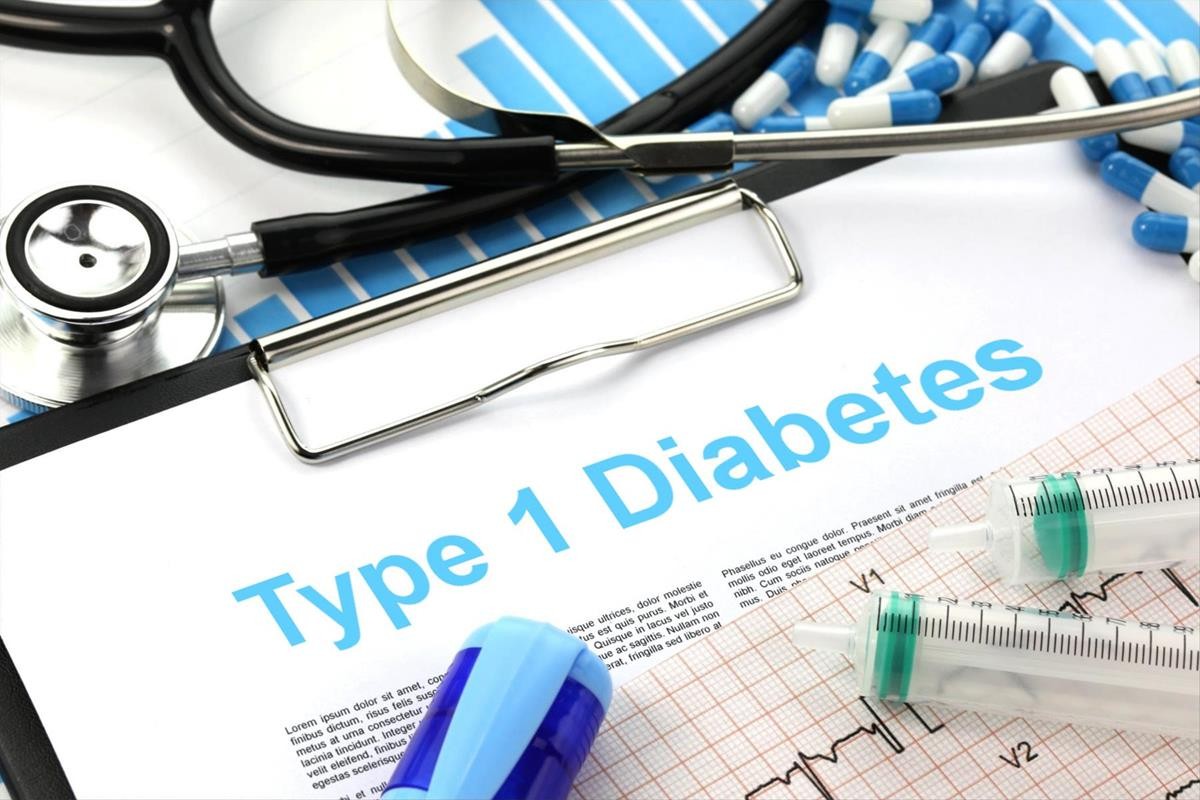Welcome to the web page of the Diabetes and Endocrinology Service based at Queen Alexandra Hospital in Portsmouth. We are committed to providing a range of quality services in diabetes, endocrinology and related research for patients in Portsmouth, Fareham, Gosport and South East Hampshire..
Diabetes is a condition that causes a person's blood sugar level to become too high. There are two main types of diabetes; Type 1, a lifelong condition where the body's immune system attacks and destroys the cells that produce insulin and Type 2, where the body does not produce enough insulin, or the body's cells do not react to insulin properly.
Our diabetes service has a strong team of experts to provide support and education to people with diabetes (and their families/carers) to help them to understand and manage their diabetes. We also aim to enable people to access new treatments and technologies when they become available on the NHS.
Endocrinology is the study of the endocrine system in the human body. This is a system of glands which secrete hormones. Hormones are chemicals which affect the actions of different target organs in the body.
The department deals with a range of endocrine disorders. As well as general endocrine clinics there are specialised clinics for pituitary, thyroid, parathyroid and adrenal diseases. We also have a service for ladies with Turners syndrome, and transition clinics for adolescents with endocrine conditions moving from paediatric department to the adult service.
You can find out more about the services our department offer and get help with managing your condition by using the links below.
At any one time, approximately 18% of patients in hospital have diabetes. Acute illness, surgery, rehabilitation and being away from usual routines can affect glucose levels requiring changes to treatment. In addition glucose levels out of target can slow recovery.
We have a hospital diabetes team (Doctors and Nurses) who support the ward team.
The team are available for advice and support Monday to Friday between 8.30am to 4.30pm.
Referrals will only be taken via ICE from the health care team.
Things to bring with you if you are coming into hospital:
- Spare diabetes kit – insulin pens, pump supplies, glucose sensors.
- ‘Carbs & Cals’ App or book if you carbohydrate count
- Hypo treatment – the hospital will have this but if there are specific items that you prefer then bring them with you.
Information to help you when you are in hospital:
- Food - portions and types of food will be different in hospital as well as the timing of meals – do bring additional snacks if you are concerned. If you carbohydrate count here is a list of the carbohydrate content of average portions on the hospital menu to help you with this:
Carbohydrate Content of Hospital Menu Queen Alexandra - Insulin self administration - if you are feeling well enough to give your own insulin doses in hospital then discuss this with your nurse.
- Finger prick glucose tests - even if you are wearing a glucose sensor the nursing staff will need to do some finger prick glucose tests on you whilst you are in hospital – this is part of routine care.
- Foot checks – you should receive regular checks of your feet to ensure that there are no pressure areas developing or other risks factors for this.
This clinic provides
Guidance on the management of foot wounds/conditions in adults with diabetes as out patients
· Suspected or active foot ulceration below the malleoli as a complication of diabetes
· Suspected acute Charcot foot
· Foot ulceration with possible underlying bony infection or abnormal foot x-rays
· Foot condition requiring multidisciplinary diabetes team input (podiatry, medical/vascular)
What doesn't it cover?
Routine screening for complications
Management of painful peripheral neuropathy
Ankle or leg wounds/ulcers
Skin conditions on the leg/foot
Symptoms of reduced blood flow (Critical limb ischaemia referral to Vascular Team)
Spreading infection / systemic signs of infections
People in hospital
The healthcare team:
Consultant and Podiatrist
Useful Links
Diabetic Foot Referral Pathway Portsmouth and South East Hampshire
Who we are
The team consists of a consultant diabetologist, diabetes specialist registrar, diabetes specialist nurses, diabetes dietitian, consultant obstetricians and diabetes specialist midwives. We work to provide support and guidance for all pregnant and pre-pregnant women with pre-existing or gestational diabetes.
The service provided:
- Pre-pregnancy counselling for all women with diabetes considering pregnancy is recommended. Contact the diabetes centre on 023 92286260 to book an appointment
- Care and guidance for all pregnant women with pre-existing or gestational diabetes (will be seen within 1 week of referral)
Clinics are held weekly on a Wednesday in the maternity department at QA Hospital and can be booked via: 023 9228 6000, ext 4553.
Post pregnancy care is provided by your usual team
Useful Links:
Planning for pregnancy when you have diabetes
Tommy's - The pregnancy and baby charity
National Pregnancy in Diabetes Audit
In this service we provide guidance on glucose management for adults with diabetes and stage 3b, 4 or 5 Chronic Kidney Disease (eg an eGFR less than 35% of normal), as well as guidance on the management of diabetes alongside haemodialysis or peritoneal dialysis and the management of diabetes for kidney transplant patients and those with New Onset Diabetes After Transplant.
The healthcare team is a Consultant physician and Diabetes Nurse Specialist.
The service does not provide routine screening for complications and specialist renal care.


